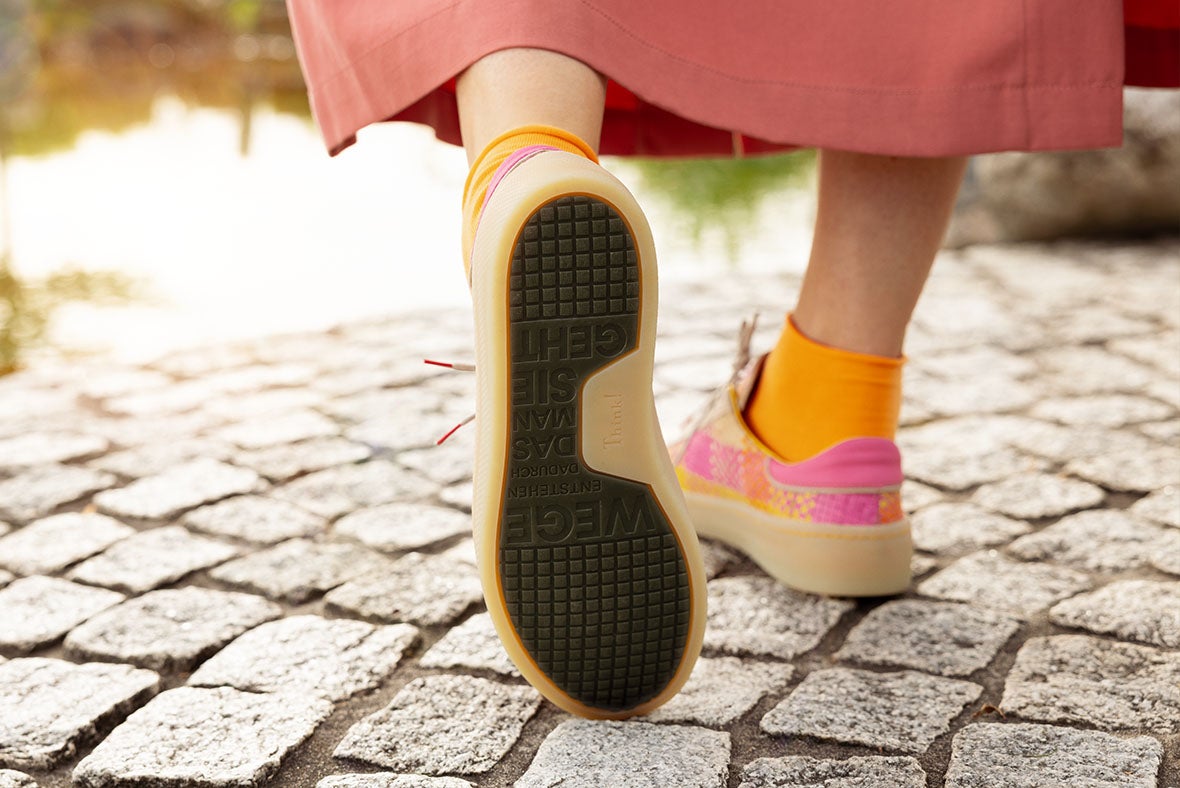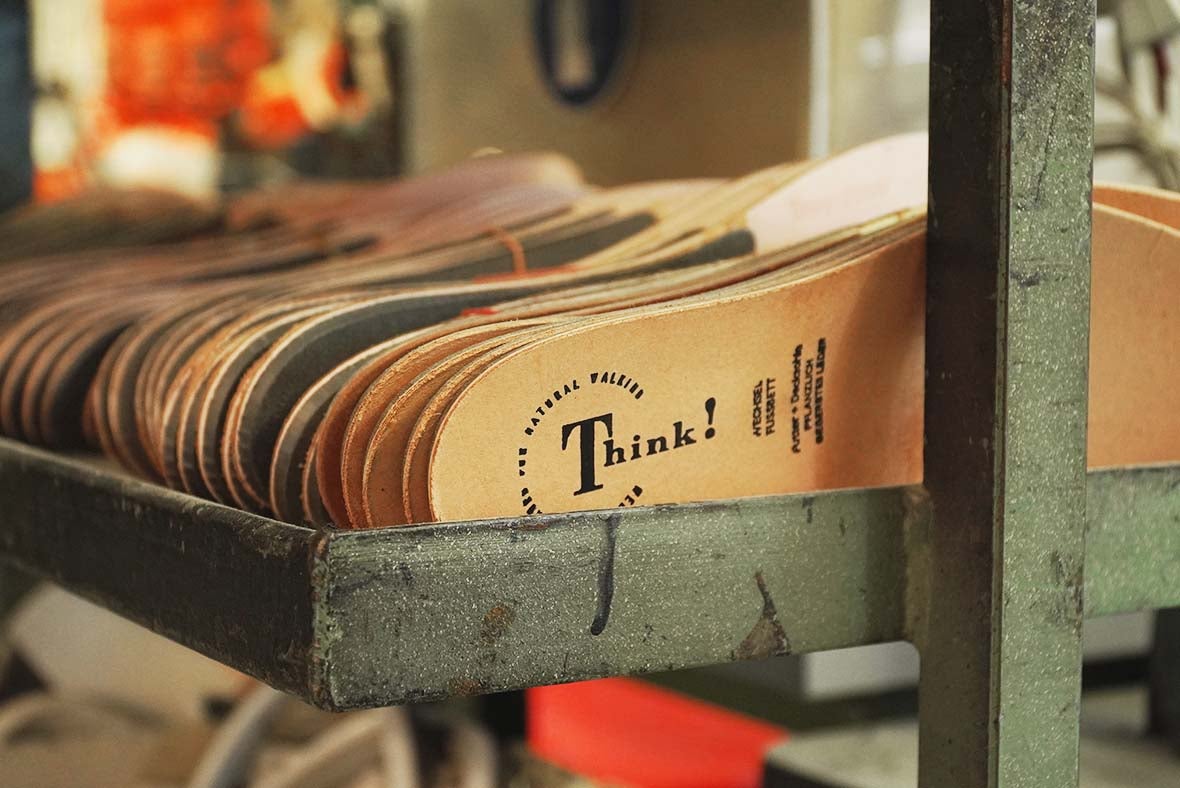Hacks for stopping shoes from squeaking - what you should avoid
Not all of the hacks that supposedly stop shoes from squeaking are to be recommended. Well-meant tips can even damage shoes. These are the mistakes you should avoid:
1. Oil makes leather smooth - please, don't! Please do not use household products such as oil to make the leather smoother, as this can lead to unwanted stains on dyed leather. Instead, use a high-quality shoe cream, which softens the leather and at the same time provides care and protection.
2. Never dry wet shoes on heat sources: The key to success is to be patient, and to let them dry slowly. The best idea is to simply let your shoes dry at room temperature; stuff some scrunched up newspaper into them or use shoe trees to ensure that they keep their shape.
3. Myth: hairspray gets rid of the annoying squeaking: Again, this life hack is not recommended, as it can impair the leather's natural grip, and might even make the squeaking worse. In the worst case scenario, it can also leave unwanted stains on the leather.



.jpg?ts=1727266450)






